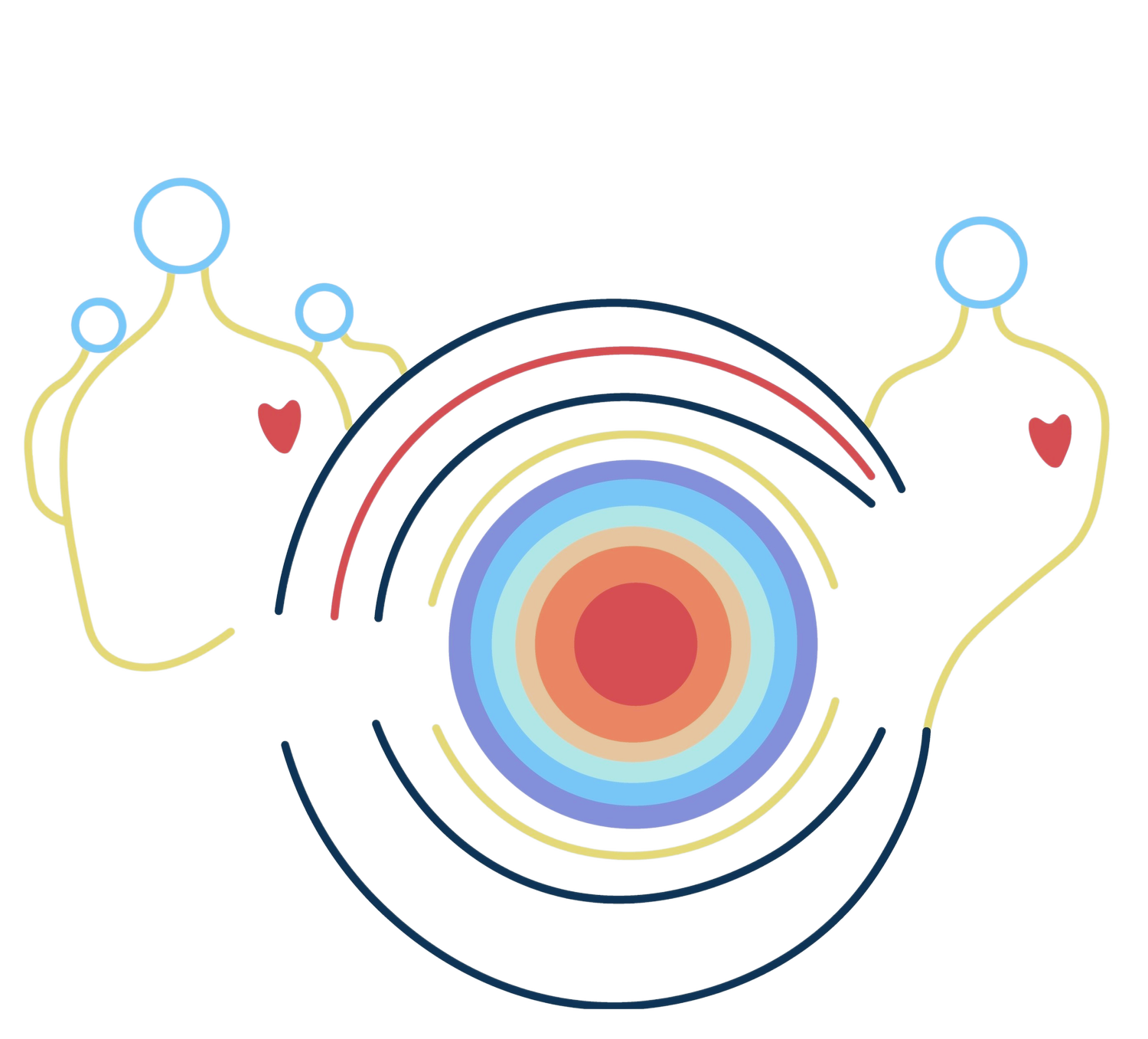the heartache blog
The landscapes within which child protection professionals work are characterized by tensions and concerns. The tensions represent the imposition of reaching into private lives, the judgement of parents, the implications of patriarchal systems entrenched in colonialism, and the contradictions between best interests and policy.
We recognize the trauma of apprehension. Whether on the grand scale of prevalence and longevity like the 60s scoop or in isolated, short-term removals the impacts on attachment, mental health and the fabric of families and communities is profound.
Through our work in child protection we have observed, and been complicit in, the placing of blame rather than finding solutions. Despite hopefulness and genuine desire to support children and families, protection workers inhabit roles built within out of touch policies and procedures, questionable allocation of funding, systemic oppression, and politicization.
A significant element of our complicity is membership in a code of silence that maintains secrecy about the realities of child protection work and how it further oppresses marginalized groups. Rather than identifying systemic flaws that need redressing in order to ensure the safety and wellbeing of children – such as inadequate housing, poverty, food insecurity, unsafe drinking water, access to medical care – protection organisations instead focus on finding fault with individual parents.
Regardless of best efforts, many parents would benefit from psychoeducation and practical resources concerning the development and wellbeing of their children. Rather than offering such services, child protection organisation instead focus on funding alternate living arrangements that fail to meet may of the same needs and, often, present new trauma and challenges for children in care.
The heartache living under the surface of this code of silence embodies those working within and affected by child protection systems. This heartache is accompanied by shame, guilt, and helplessness that fuels it to maintain the cloak of secrecy that serves to protect the institution above all, despite its largely ineffective and even harmful impacts.
While social workers are inherently caring individuals seeking to support and empower, our complicity in child protection systems are blatantly in opposition to our espoused values and the underpinnings of social work.
With heavy hearts and a hope of not only achieving personal healing but also affecting positive changes, we recognize these hard truths as we continue to investigate our experiences, honour the experiences of others, and find opportunities for growth.
